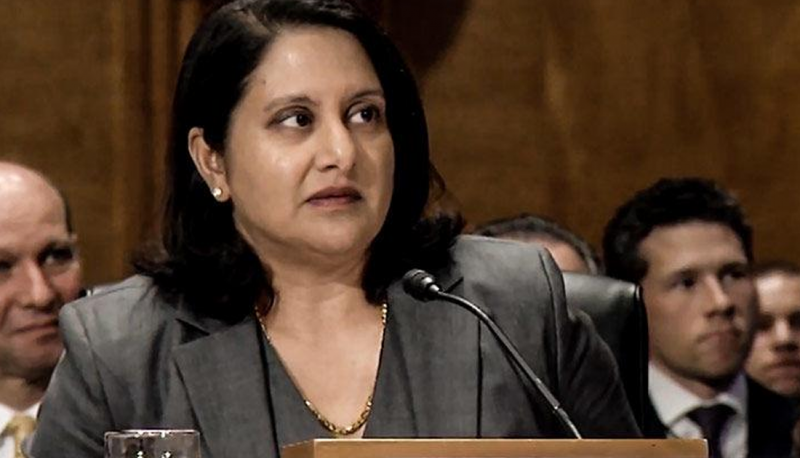Neomi Rao’s nomination to the D.C. Circuit raises serious concerns about her reflexive – and remarkably injudicious – hostility to affirmative action. The federal government has led efforts to remedy centuries of discrimination against women, people with disabilities, veterans, and racial and ethnic minorities, including in employment and contracting, through affirmative action. Due to its special jurisdiction over some federal agencies and geographic location, the D.C. Circuit has had an out-sized impact on federal agencies and their regulations, and thus on affirmative action. Opponents of affirmative action have chosen to file cases in the D.C. Circuit hoping for the largest possible impact in their efforts to curtail or eliminate federal efforts to level the playing field. Unfortunately, their efforts have too often been successful. Given President Trump’s record on issues related to women, racial and ethnic minorities and people with disabilities, attacks on federal efforts to level the playing field are only likely to increase in the future.
Affirmative action cases heard by the D.C. Circuit include two cases, Rothe Dev., Inc. v. United States DOD, 836 F.3d 57 (D.C. Cir. 2016) and Dynalantic Corp. v. DOD, 115 F.3d 1012 (D.C. Cir. 1997), that were brought by companies seeking to eliminate federal efforts to remedy discrimination against small, minority owned businesses. Notably, both cases, in seeking to do the most damage possible to affirmative action, aimed their fire at the U.S. Department of Defense, by far the largest user of contractors in the nation. While these efforts have not yet resulted in the complete elimination of federal affirmative action in contracting, they have done significant damage and more cases are expected. Cases before the D.C. Circuit have also taken aim at the Federal Communications Commission’s efforts to provide equal access for minority broadcasters and diversify the airwaves. Still other cases have been brought seeking to limit or undermine federal programs aimed at providing equal opportunity in employment to other historically disadvantaged groups, including: people with disabilities, women, veterans and racial and ethnic minorities.
Given the importance of the D.C. Circuit to affirmative action, confirming Ms. Rao would be a terrible mistake. Ms. Rao’s writings reveal that she accepts, without evidence or analysis, hard-right characterizations of affirmative action. Notably, an editorial she wrote in 1995 for the Yale Free Press appears to celebrate what she perceives as a complete “meritocracy” for women at her alma mater. In one especially naïve and counter-factual passage, she ignores the important role that affirmative action has played in increasing women’s admission to Yale, writing:
Over the past decades, Yale has dedicated itself to a relatively firm meritocracy which drops its standards only for a few minorities, some legacies and a football player here or there. Otherwise a Yale student need have no privilege or status, only than [sic] a good mind. Women have undoubtedly benefited from such a standard because a meritocracy cuts across traditional lines of gender bias.
In another article, Ms. Rao again exhibits her animosity toward affirmative action when she writes about Dr. Thomas Sowell, a long-time foe of affirmative action. In the article she includes affirmative action among the policies she characterizes as the “anointed dragon of liberal excess” and praises the “deft thrusts of Thomas Sowell’s sharp sword” as helping to harm affirmative action, and presumably, other progressive programs.
The continuing damage that Neomi Rao threatens to do concerning affirmative action from a lifetime seat on the DC Circuit is yet another reason she should not be confirmed.
Sarah Von Der Lippe is a lawyer in Washington, D.C. with a focus on civil rights law, affirmative action and constitutional law.
